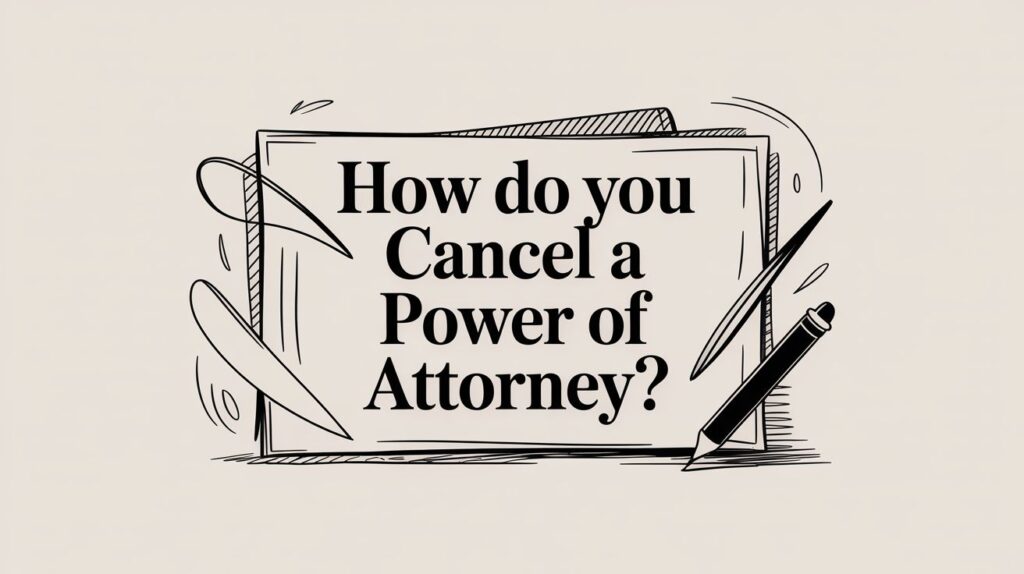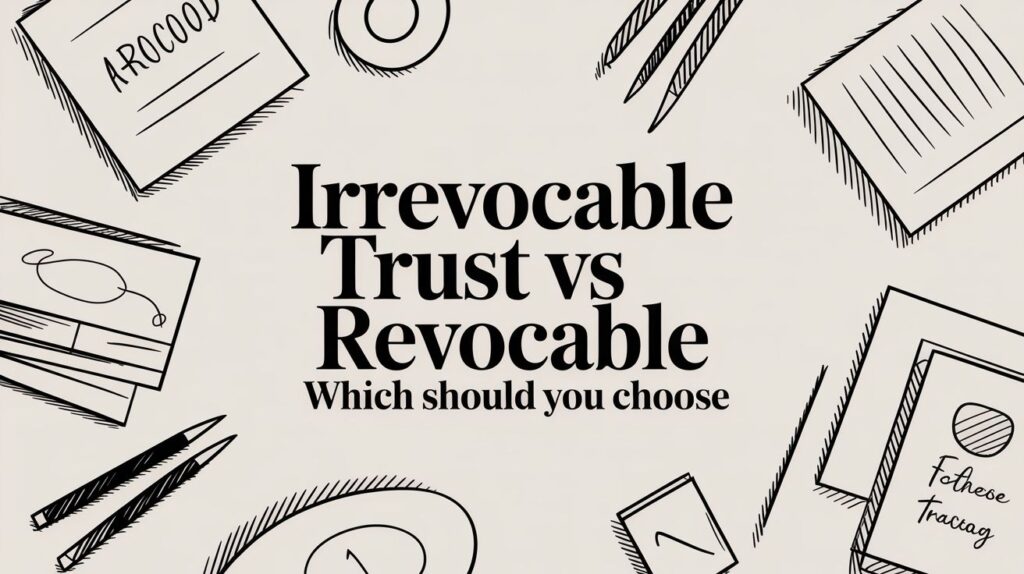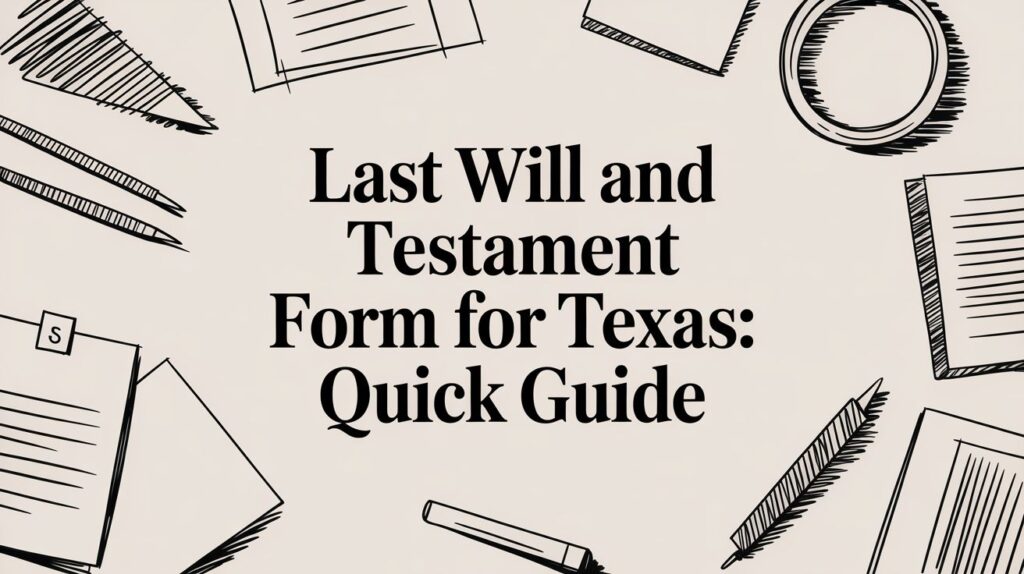Frequently Asked Questions
How do the services of probate lawyers near me vary in quality and scope?
The quality and scope of probate lawyers' services can vary significantly based on their experience, specialization, and local knowledge. Some may offer comprehensive support, while others might focus on specific aspects of probate law, affecting the overall effectiveness of their assistance.
How can I determine the success rate of probate lawyers near me?
To determine the success rate of probate lawyers near you, research their track record by reviewing client testimonials, case outcomes, and any published statistics. Consulting local legal directories and bar associations can also provide valuable insights into their performance.
What factors influence probate lawyer service quality?
The factors that influence probate lawyer service quality include the lawyer's experience, knowledge of local laws, communication skills, responsiveness, and their ability to provide personalized support tailored to clients' specific needs.
How do I choose a probate lawyer?
Choosing a probate lawyer involves assessing their experience in probate law, understanding their approach to client support, and ensuring they are familiar with local regulations in Parker County. Look for reviews and schedule consultations to find the right fit for your needs.
What should I expect from a probate lawyer?
Expect a probate lawyer to provide expert legal guidance, assist with the probate process, ensure compliance with state laws, and offer personalized support throughout the proceedings to help navigate complex issues related to estate administration.
How do probate lawyers charge for their services?
Probate lawyers typically charge for their services through hourly rates, flat fees, or a percentage of the estate's value. The specific method can vary based on the complexity of the case and the lawyer’s experience.
What qualifications should a probate lawyer have?
The qualifications a probate lawyer should have include a law degree, a valid license to practice in Texas, and specialized knowledge in probate law. Experience in handling estate matters and a strong understanding of local regulations are also essential.
How can I assess a lawyers experience?
Assessing a lawyer's experience involves reviewing their education, years in practice, and specific expertise in probate law. Additionally, consider client testimonials and case outcomes to gauge their effectiveness in handling similar legal matters.
What are common probate lawyer client reviews?
Common probate lawyer client reviews often highlight the lawyer's professionalism, responsiveness, and ability to explain complex legal processes clearly. Clients appreciate personalized attention and effective guidance throughout the probate process, ensuring a smoother experience during challenging times.
How do I find reputable probate lawyers nearby?
Finding reputable probate lawyers nearby involves researching local law firms, reading client reviews, and seeking referrals from trusted sources. Additionally, consider scheduling consultations to assess their expertise and approach to your specific probate needs.
What questions should I ask a probate lawyer?
When considering a probate lawyer, important questions to ask include their experience with probate cases, their approach to handling complex issues, the estimated timeline for your case, and their fee structure.
How long does the probate process typically take?
The duration of the probate process can vary significantly, but it typically takes anywhere from a few months to over a year, depending on the complexity of the estate and local court procedures.
What are the costs associated with probate services?
The costs associated with probate services can vary based on the complexity of the estate, attorney fees, court costs, and additional expenses. It's essential to consult with a probate attorney to get a clear estimate tailored to your specific situation.
How can I verify a lawyers credentials?
Verifying a lawyer's credentials involves checking their licensing status with the state bar association, reviewing their educational background, and examining any disciplinary records. This ensures they are qualified and in good standing to practice law.
What is the role of a probate lawyer?
The role of a probate lawyer is to guide clients through the probate process, ensuring the proper administration of estates, handling legal documentation, and representing the interests of heirs and beneficiaries in accordance with Texas law.
How do probate lawyers handle contested wills?
Probate lawyers handle contested wills by thoroughly reviewing the will's validity, gathering evidence, and representing clients in court if necessary. They aim to resolve disputes through negotiation or litigation, ensuring that the client's interests are protected throughout the process.
What documents do I need for probate?
The documents needed for probate include the deceased's will, death certificate, and a list of assets and debts. Additional documents may be required based on the specific circumstances of the estate.
How can I prepare for a consultation?
Preparing for a consultation involves gathering relevant documents, such as wills or property records, and listing your questions or concerns. This ensures a productive discussion and helps us provide tailored legal guidance for your probate matters.
What are the benefits of hiring a probate lawyer?
The benefits of hiring a probate lawyer include expert guidance through the complex probate process, ensuring compliance with state laws, and providing personalized support to navigate issues such as heirship determination and asset distribution efficiently.
How do I know if I need a lawyer?
Determining if you need a lawyer involves assessing the complexity of your legal situation. If you're facing probate matters, such as determining heirship or navigating court processes, seeking legal guidance can ensure your rights are protected and the process runs smoothly.
What is the difference between probate and estate planning?
The difference between probate and estate planning is that estate planning involves preparing for the management and distribution of your assets after death, while probate is the legal process of validating a will and administering an estate following a person's death.
How can a lawyer help with estate disputes?
A lawyer can assist with estate disputes by providing expert legal advice, representing clients in negotiations or court, and ensuring compliance with probate laws. Their knowledge helps resolve conflicts efficiently and protects clients' rights during the process.
What are the common mistakes in probate cases?
Common mistakes in probate cases include failing to properly identify and notify heirs, not adhering to state-specific probate laws, and neglecting to keep accurate records of the estate's assets and debts.
How do I file a probate claim?
Filing a probate claim involves submitting a petition to the probate court in your jurisdiction, along with necessary documents such as a death certificate and the will, if available. It's advisable to seek legal assistance to navigate this process effectively.
What is the timeline for probate proceedings?
The timeline for probate proceedings can vary significantly, typically ranging from a few months to over a year, depending on the complexity of the estate and any potential disputes.
How can I ensure my wishes are honored?
To ensure your wishes are honored, it's essential to create a legally binding will or trust that clearly outlines your intentions. Consulting with an experienced probate attorney can help you navigate this process effectively.
What happens if a will is contested?
When a will is contested, the validity of the document is challenged in court, potentially leading to a legal dispute that may delay the probate process and require evidence to support claims against the will's legitimacy.
How do probate lawyers assist with estate taxes?
Probate lawyers assist with estate taxes by providing guidance on tax obligations, helping to accurately value the estate, and ensuring compliance with tax laws. They also facilitate the timely filing of necessary tax documents, minimizing potential penalties.
What are the signs of a good probate lawyer?
The signs of a good probate lawyer include strong communication skills, a deep understanding of probate law, a proven track record of successful cases, and a compassionate approach to client needs during challenging times.
How can I find a lawyer specializing in probate?
Finding a lawyer specializing in probate can be accomplished by researching local law firms, seeking referrals from trusted sources, or utilizing online directories that list attorneys by their areas of expertise.











